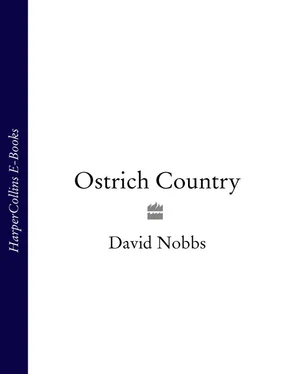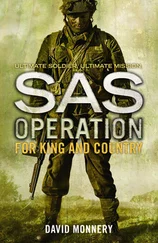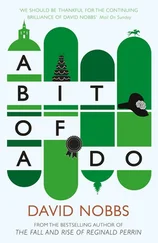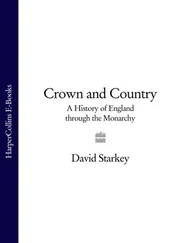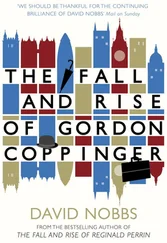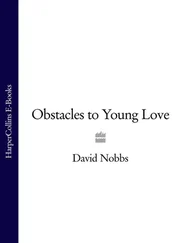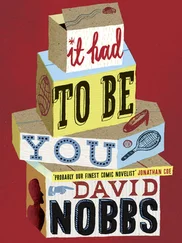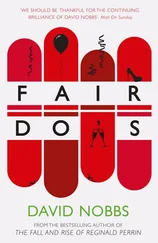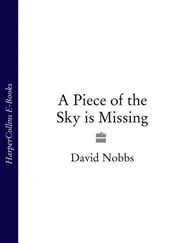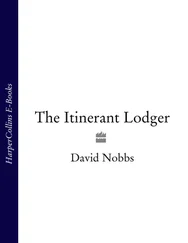‘I haven’t got a boy friend, Mr Baines.’
He had only thought of Paula once during the last hour. He was on the mend.
‘Why not, Miss Besant?’
‘Why not what, Mr Baines?’
‘Why haven’t you got a boy friend?’
‘What a question, Mr Baines.’
It was not Pegasus’s nature to be referred to as ‘Mr Baines’ by young women. He wanted Miss Besant to call him ‘Pegasus’. He wanted to share his happiness with someone, so he asked her out that evening. She wasn’t beautiful or intelligent, but she was nice, and wasn’t it selfish always to go for the beautiful and intelligent? He would choose this nice lonely Miss Besant, whom no one else had chosen.
As the evening wore on he grew terrified that Paula would see him with Miss Besant. He took her to the Classic, Tooting, in order to avoid being seen by anyone he knew.
His old head prefect Murdoch was sitting two rows behind them. What did it matter? Why on earth did he mind?
That night he dreamt that he was in a cage, being fed on seaweed and Cummings’s droppings. Twelve school prefects were waiting for him to do his sample. An electric recording device had been fitted to his head. Some of the slides showed traffic accidents. The others showed Miss Besant. Sometimes there was blood in the accident, and sometimes there was blood on Miss Besant. When there was blood he got an electric shock. It was hot, stifling. The sweat poured off him.
Easter Saturday, an early Easter in March. A cool strong wind buffeting the windows of the Goat and Thistle. The buds vulnerable on the trees round the fine Suffolk church. The village spreading away down all the lanes, out of the church’s grasp. Nearby the sea, the estuary, the bird sanctuary, the nuclear power station, and all the secret research establishments which are such a feature of the unspoilt East Anglian countryside. Peace and quiet, except for the traffic, the planes screaming overhead, a radio blaring in a garden. Manchester City’s greater attacking flair will just about see them through. This could be the year when they hit the proverbial jackpot. Saturday. Easter Saturday.
In the bar of the Goat and Thistle Jane Hassett was serving beer to two early bird-watchers and Mr Thomas, the milkman. In the dining-room people were lunching in undertones. From the windows you could see the marsh and the sea, but the power station was hidden by heathland. It was a backwater.
Tarragon Clump, the amateur naturalist, keen dinghy sailor, virgin and kidney surgeon, sat at a window table in the stark dining-room with its white tablecloths and clinical white walls. Its spirit of non-conformism weighed on him, and he ordered a half bottle of wine instead of a full one. He chewed his tiny piece of lukewarm sole in parsley sauce morosely. Vulgarians, thought Tarragon, the English, thinking of them as if they were foreigners, his own family even, the Clumps of Gloucestershire. He looked out over the marsh and tried to make out a bird that wheeled indolently over the distant woods. Too far. Binoculars not yet unpacked.
He turned his head to gaze greedily at Patsy’s legs as she bore inexpertly towards him a plate of devilled kidneys and five veg, all watery.
‘I wonder if I could have some mustard,’ said Tarragon, and he shifted in his seat, the better to look up Patsy’s legs as she leant over to reach the mustard.
I wonder if there’ll be any pochard on the marsh, he thought, to take his mind off Patsy’s saignant legs as she reached for the mustard.
‘You already have mustard,’ she said, blushing as she saw the mustard pot on Tarragon’s table.
‘So I have, Patsy.’ He smiled at her. Patsy with her country ways. Patsy, the potential haystack tumbler. Patsy and the other waitress, Brenda, trim like an air hostess.
Unmarried at thirty-seven, Tarragon had come to feel for the Goat and Thistle the sort of affection married men look for in mistresses — secret, temporal, understanding, no need to book in advance. His modest, domestic Jacobean mistress, plastered, three gables, thin wisps of pargetting. Unchanging.
And now once again it was under new management. Once again it had to be established that Tarragon Clump was a regular here, a popular figure with his ready money and manly binoculars, his thick pullovers and square-jawed, wide-nosed, narrow-foreheaded face. It had to be hinted that in London he was a success. A leading man in his field. A man who would one day operate on a royal personage.
He attacked his meal aggressively, trying not to gaze at Patsy or Brenda, feeling the excitement of the impending marsh, glad to be back. Four whole days, four gumbooted forceps-free days of bliss. A little sailing in his dinghy. A lot of bird-watching. A steady movement of his big, strong legs over squelching paths. Oh, Clump, there is health in you yet.
When this vile meal was over he would introduce himself to this new woman in the bar, he would sum her up over a brandy. Young, surprisingly young. Good thing too.
Over his brandy he said: ‘Well it’s nice to be back.’
‘You’re one of our regulars, are you?’
‘I manage the occasional weekend. Plus the odd week here and there. Odd’s the operative word.’
I must stop saying that, thought Tarragon. Odd’s the operative word. It doesn’t mean anything.
‘I’m Jane Hassett,’ said Mrs Hassett.
‘Clump,’ said Tarragon. ‘Tarragon Clump.’
‘Back again, then, Mr Clump,’ said Mr Crabbe the storekeeper.
She couldn’t be more than thirty. Long neck, bony white shoulders, curved nostrils, green eyes, one thing after another, several of his favourites among them. Cut it out, Clump.
Two young men entered the bar. One of them was vaguely familiar. They ordered pints.
‘Frankly, you want to do something about the cooking,’ said Tarragon.
‘I know,’ said Mrs Hassett. ‘We’ve got a man coming next month. A Frenchman.’
‘Ah, a Frenchman,’ said Tarragon.
‘I hope you won’t mind my asking,’ said the vaguely familiar young man. ‘But you don’t happen to have a vacancy, do you? In the kitchen, I mean.’
‘Well, we do need a vegetable chef,’ said Mrs Hassett.
The whole thing was fixed up in no time, and the vaguely familiar young man bought drinks all round.
‘You’re Tarragon Clump, the kidney surgeon, aren’t you?’ he said.
‘We call ourselves renal surgeons, but yes, I am.’
‘I met you at my cousin’s prediction party. I’m Pegasus Baines.’
‘I thought you were vaguely familiar.’
‘He’s never even been vaguely familiar with me,’ said the other young man.
‘This is my friend Mervyn,’ said Pegasus.
The tall, familiar one had apparently been driving around from hotel to hotel, begging for work.
Tarragon fixed his eyes on Mrs Hassett’s neck and said: ‘His cousin writes a horoscope. Old friend of mine.’
‘I never read them,’ she said. ‘Afraid, perhaps.’
‘Any operations on royalty yet?’ said Pegasus.
‘Not yet,’ said Tarragon.
‘A good year for kidneys, is it?’ said Mervyn.
‘The beer’s good,’ said Pegasus.
Tarragon felt annoyed. These people had come between him and Mrs Hassett. They had disturbed his afternoon.
‘Well,’ he said, ‘I think I’ll be off down the marsh. See if I can see the odd bird or two. Odd’s the operative word.’
Damn!
Pegasus sat with Morley and Diana on the back lawn of twenty-three Grimsdike Crescent, Uxbridge, waiting for Sunday lunch. Blackbirds sang, planes flew overhead, and the world stood still, waiting for Sunday lunch.
A faint breeze blew snatches of radio towards them, Two Way Family Favourites, the Critics. We’ve been to see the exhibition of Private Bob Norris of B.A.O.R. 17. I loved the way he captured the, the as it were, the at once transitory and yet eternal beauty of Mavis Bungstock, who lives at ninety-seven, Cratchett Lane, Axminster. She hopes to see you soon, Bob, and could well develop into the Francis Bacon of the 1970s.
Читать дальше
